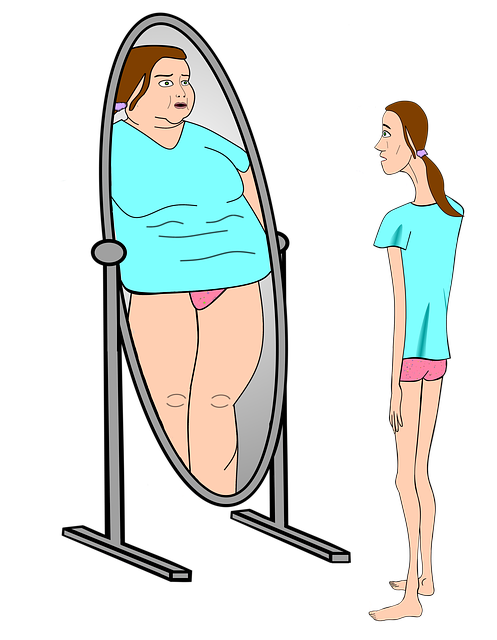
Eating disorders are types of mental disorders which can have serious consequences on physical and emotional health. Left untreated, eating disorders can lead to long-term health issues, as well as problems at home and work (or school). Since people who suffer from eating disorders are usually oblivious to their condition, it is left to family and friends to recognise the symptoms and take proactive measures to resolve the issue.
However, it is not always easy to identify someone with eating disorders, unless the condition has deteriorated to extreme levels. People suffering from such disorders may also actively try to conceal their illnesses due to perceived public shaming. Moreover, they may be in denial, or are taking emotional comfort from their extreme actions.
Nevertheless, there are many behavioural and physical red flags that family and friends can look out for, as outlined below.
(i) Binge eating Binge eaters will eat a lot. If food from the refrigerator or pantry disappears too quickly, start keeping an eye out. If someone starts to regularly buy or hoard food, keep an even closer eye. Binge eating junk food is a good indicator of an eating disorder. Image courtesy of Wikimedia Commons
(ii) Body image Even the most out of shape and obese individual takes some pride in their appearance – unless they are suffering from body image issues, in which case, they will be extremely critical of themselves. If you notice someone who appears to have ‘given up’ on how they look, start to pay attention. Conversely, if someone starts to spend an inordinate amount of time trying to look more presentable, pay closer attention.
(iii) Dieting Dieting is usually good. It allows you to deplete unused storage of fat and carbohydrate from the body or maintain an optimum level of energy consumption and usage. However, if dieting overtakes someone’s life, or if they are focusing on just a specific type of food, with obsessive rituals to boot, then start to ask questions.
(iv) Over exercising Like dieting, exercising is also good, when done in moderation. However, if the exercise becomes too long, too repetitive or too heavy, then it defeats the purpose entirely since more harm than good will be done to the body.
(v) Forced vomiting Forced vomiting, or purging, is common for people suffering from bulimia. If you can hear odd sounds from the toilet during or after every meal, or regular evidence of vomit, you need to check things out.
(vi) Choice of attire People suffering from food disorders will experience weight loss or gain, which will quickly lead to an ill-fitting wardrobe. If your loved ones are wearing attires which are too tight or too loose, or are frequently buying new clothes, it’s time for a chat.
(vii) Mood swings Eating disorders will intensify depression, feelings of anxiety and other related mental disorders. As such, keep an eye out for sudden or extreme moods and social withdrawals.
Physical symptoms of eating disordersPeople suffering from eating disorders will either eat less or more food, or avoid specific types of food. These extreme changes in eating behaviour will lead to physical changes such as
Obviously, all of the symptoms listed above can be attributed to something else. However, if the individual hits several of the red flags, then you need to plan for the worse. Remember, it is a mental illness – threats or yells will have very little effect. Seem out a medical professional if you need a second opinion.